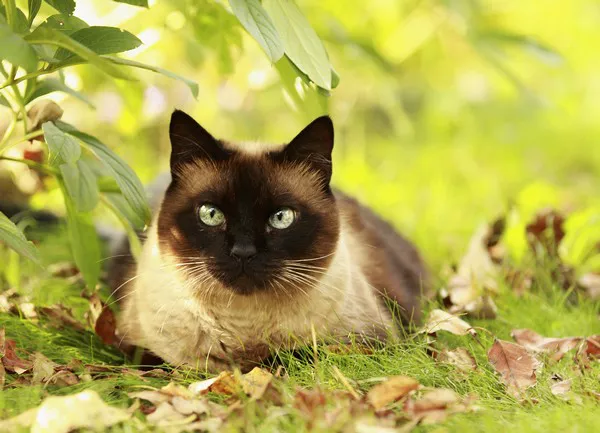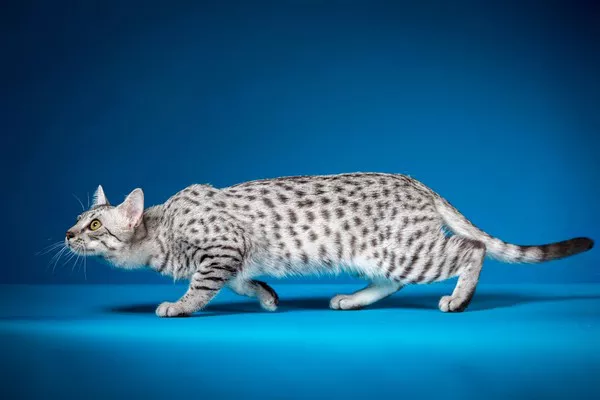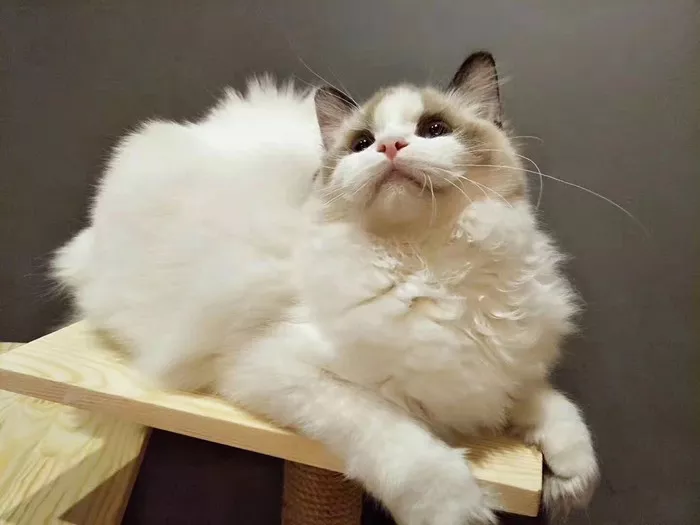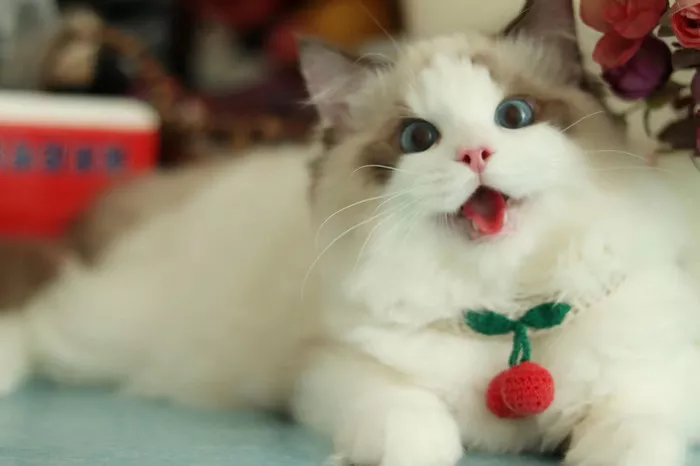Cats are fascinating creatures known for their unique behaviors and habits. One common behavior observed in many feline companions is the act of licking their paws after eating. While this behavior might seem simple, it carries a deeper significance rooted in a cat‘s natural instincts and behaviors. In this article, we will delve into the reasons why cats lick their paws after eating, shedding light on the various factors that contribute to this intriguing behavior.
1. Grooming Instincts
Self-Cleaning Rituals
Cats are renowned for their meticulous grooming habits. After consuming a meal, licking their paws is a continuation of their grooming ritual. Cats use their paws to wipe their faces, ears, and other areas, removing any food particles that may have come into contact with their fur.
Sensory Exploration
Cats have sensitive whiskers and taste buds on their paws. Licking their paws after eating allows them to explore the taste and texture of the food they’ve consumed, enhancing their sensory experience.
2. Removal of Food Odors
Scent Marking
Cats have scent glands in various parts of their bodies, including their paws. Licking their paws after eating helps spread their scent onto their paws, which they may then use to mark their territory by rubbing their paws against objects or surfaces.
Masking Odors
Cats are instinctually cautious animals. By licking their paws and spreading their scent, they can mask any food odors that might attract potential predators. This behavior is a survival instinct that helps them avoid detection in the wild.
3. Digestive Aid
Stimulating Digestion
Licking their paws after eating might aid in digestion. The act of grooming stimulates blood circulation and can also encourage peristalsis, the muscular contractions that move food through the digestive tract.
Promoting Comfort
Cats are creatures of habit and seek comfort in familiar routines. Licking their paws after eating could provide a sense of satisfaction and relaxation, contributing to their overall well-being.
4. Social Communication
Grooming Bonds
Cats living in groups, such as in colonies or households with multiple cats, engage in mutual grooming as a way to strengthen social bonds. Licking their own paws after eating may mimic this behavior and reinforce the sense of unity within a group.
Demonstrating Contentment
Cats might lick their paws after a satisfying meal as a sign of contentment. This behavior can signal to other cats or their human companions that they are well-fed and relaxed.
5. Health Considerations
Cleaning Residue
Licking their paws after eating helps cats clean any residual food or moisture that might be present on their fur. By doing so, they reduce the risk of skin irritation, fungal growth, or attracting insects.
Excessive Licking
While occasional paw licking after eating is normal, excessive and compulsive licking might be a sign of underlying health issues. Cats with allergies, skin conditions, or dental problems might excessively groom their paws as a way to soothe discomfort.
Conclusion
In conclusion, the behavior of cats licking their paws after eating is multi-faceted and can be attributed to a combination of grooming instincts, scent marking, digestive aids, social communication, and health considerations. Understanding these reasons provides insight into the complex world of feline behaviors and instincts. As cat owners and enthusiasts, observing and appreciating these behaviors enhances our understanding and connection with our feline companions. While this behavior might seem simple, it reflects the intricate nature of cats and the myriad ways in which they interact with their environment and communicate their feelings.



























